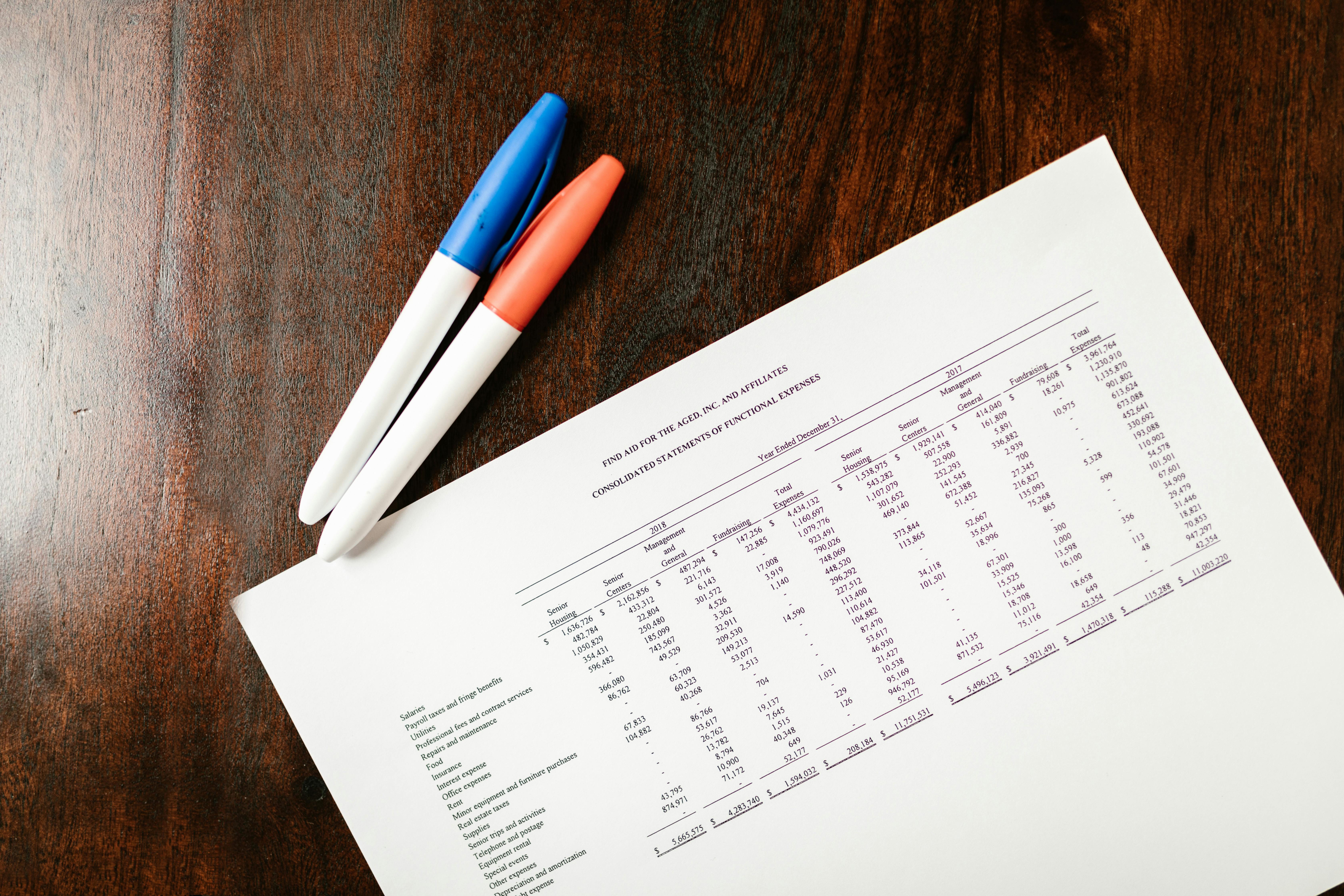Introduction
The volatile and complex nature of cryptocurrency trading and transactions makes tracking gains and losses a critical task for businesses and individuals operating in the crypto space. Accurate financial reporting is essential not only for compliance with tax regulations but also for maintaining financial transparency and audit readiness.
This article provides a comprehensive guide to tracking crypto gains and losses, highlighting best practices, tools, and strategies to simplify the process.
Why Tracking Crypto Gains and Losses Is Essential
- Regulatory Compliance:
Tax authorities worldwide require accurate reporting of crypto transactions. Failure to report gains or losses can result in penalties or audits. - Accurate Financial Reporting:
Tracking gains and losses ensures stakeholders, including investors and partners, have a clear understanding of the business's financial health. - Audit Readiness:
Transparent and detailed transaction records simplify audits and build trust with regulatory bodies.
Types of Crypto Transactions That Impact Gains and Losses
Tracking gains and losses requires understanding the types of transactions that trigger taxable events or financial reporting obligations:
- Trading:
- Crypto-to-fiat transactions.
- Crypto-to-crypto trades (e.g., exchanging Bitcoin for Ethereum).
- Staking Rewards and Yield Farming:
- Rewards earned from staking tokens or providing liquidity to DeFi platforms are often considered taxable income.
- Mining Income:
- Crypto earned through mining activities must be tracked for tax purposes, with gains or losses determined by the fair market value (FMV) at the time of receipt.
- Airdrops and Forks:
- Tokens received through airdrops or blockchain forks are considered taxable income in many jurisdictions.
Best Practices for Tracking Crypto Gains and Losses
- Maintain Detailed Records:
- Record essential details for each transaction:
- Date and Time
- Type of Transaction (trade, stake, payment, etc.)
- Amount in Crypto and Fiat
- Fair Market Value (FMV) at the time of the transaction
- Transaction Fees (gas fees, exchange fees)
- Wallet or Exchange Used
- Record essential details for each transaction:
- Use Crypto Tax Software:
- Tools like CoinTracker, Koinly, and TaxBit automate the tracking process, syncing with wallets and exchanges to calculate gains, losses, and taxable events.
- Reconcile Regularly:
- Compare wallet and exchange balances with recorded transactions to identify and address discrepancies.
- Monitor Fair Market Values (FMV):
- Use trusted price data sources to track the FMV of cryptocurrencies at the time of each transaction.
- Account for Transaction Fees:
- Include gas fees, exchange fees, and other associated costs in your calculations, as these impact the overall gain or loss.
Common Challenges and How to Overcome Them
- Difficulty in Tracking Cross-Exchange Transfers:
- Use tools that consolidate transaction data from multiple exchanges and wallets to ensure no transactions are missed.
- Incomplete or Missing Transaction Data:
- Implement automated tracking solutions and maintain backups of transaction histories to avoid data loss.
- Handling High-Volume Trading:
- High-frequency traders should use specialized software to manage large transaction volumes efficiently.
Future Trends in Crypto Tracking and Reporting
The landscape of crypto financial reporting is evolving rapidly. Key trends include:
- Integration of Blockchain Analytics with Accounting Systems:
- Advanced blockchain analytics tools are making it easier to track and verify transactions directly from the blockchain.
- AI-Powered Tools:
- Artificial intelligence is enabling real-time tracking and reporting, reducing manual effort and increasing accuracy.
- Regulatory Emphasis on Detailed Disclosures:
- Governments are likely to mandate more detailed financial disclosures, necessitating robust tracking and reporting systems.
Conclusion
Accurately tracking crypto gains and losses is critical for financial transparency, regulatory compliance, and informed decision-making. By leveraging modern tools, maintaining meticulous records, and staying proactive about changes in the regulatory landscape, businesses and individuals can simplify the complexities of crypto financial reporting and ensure long-term success.
If you have any questions or require further assistance, our team at Block3 Finance can help you.
Please contact us by email at inquiry@block3finance.com or by phone at 1-877-804-1888 to schedule a FREE initial consultation appointment.
You may also visit our website (www.block3finance.com) to learn more about the range of crypto services we offer to startups, DAOs, and established businesses.
